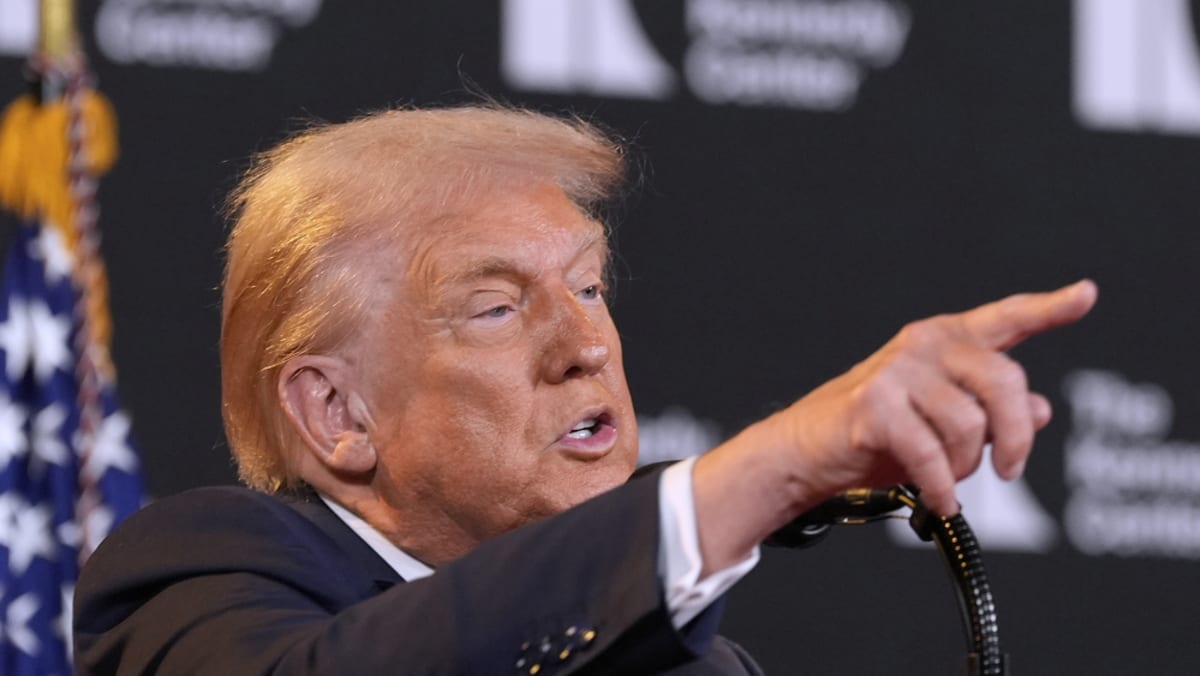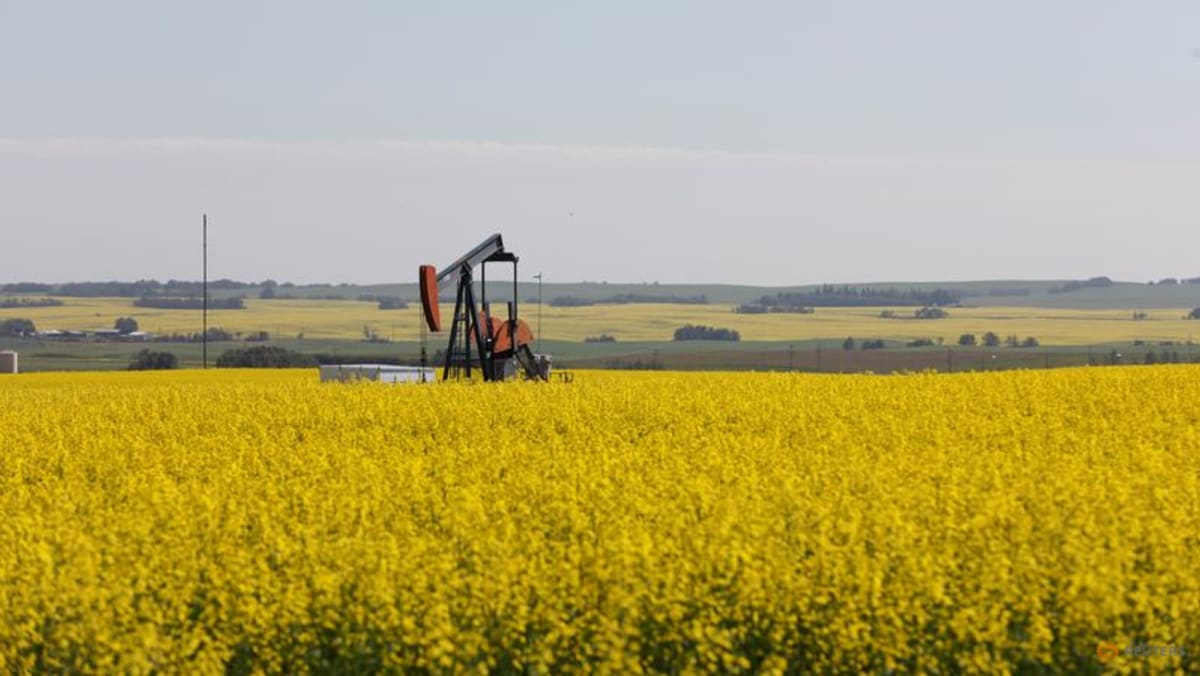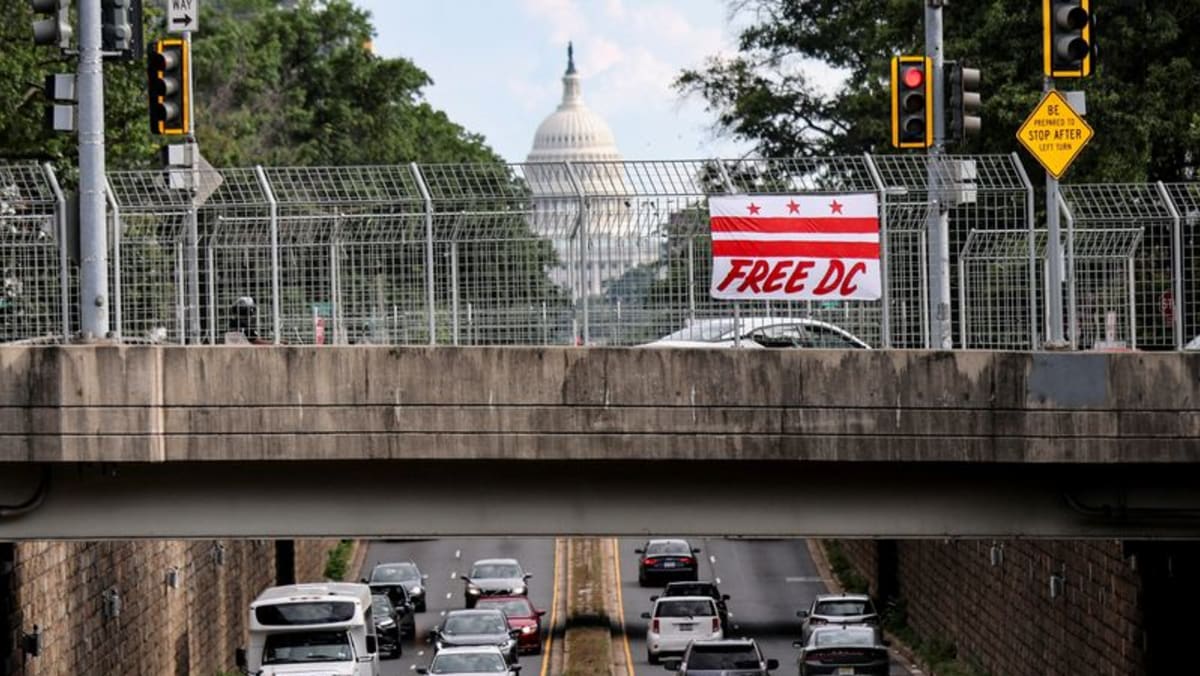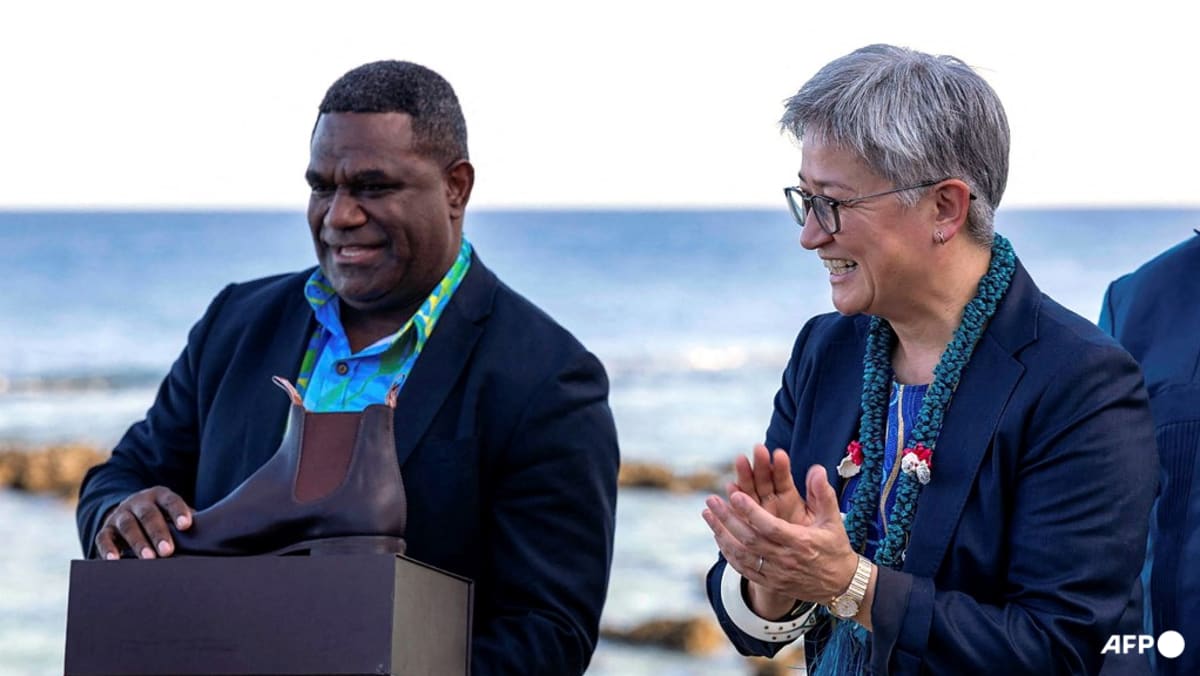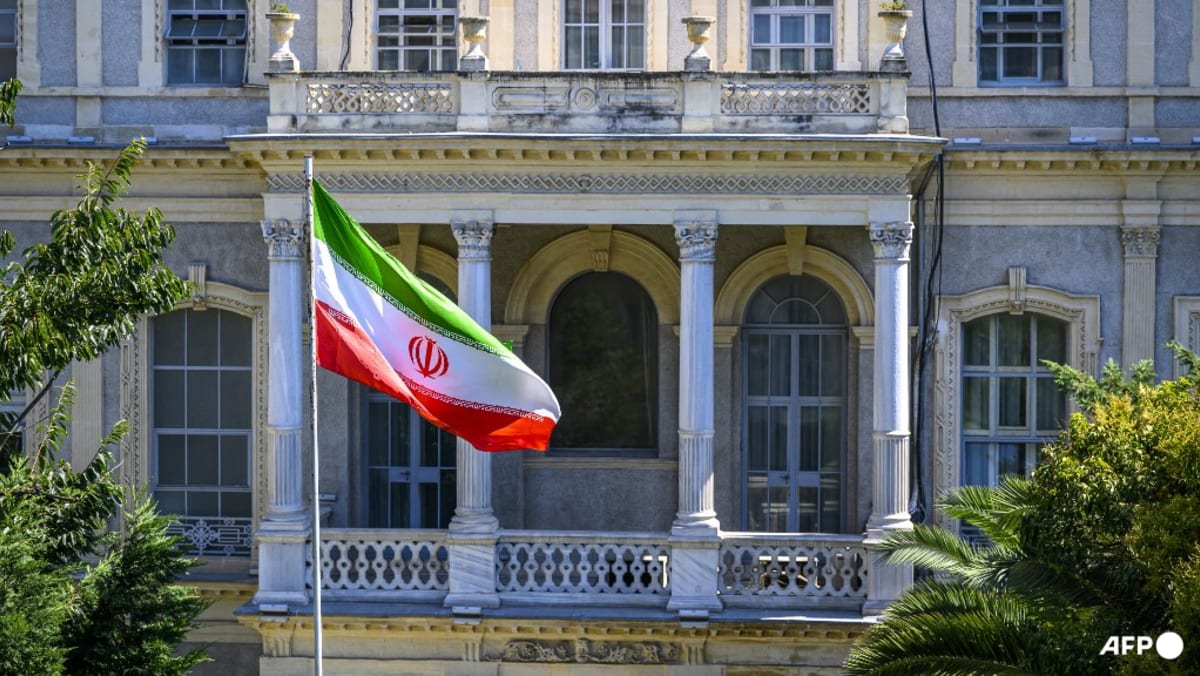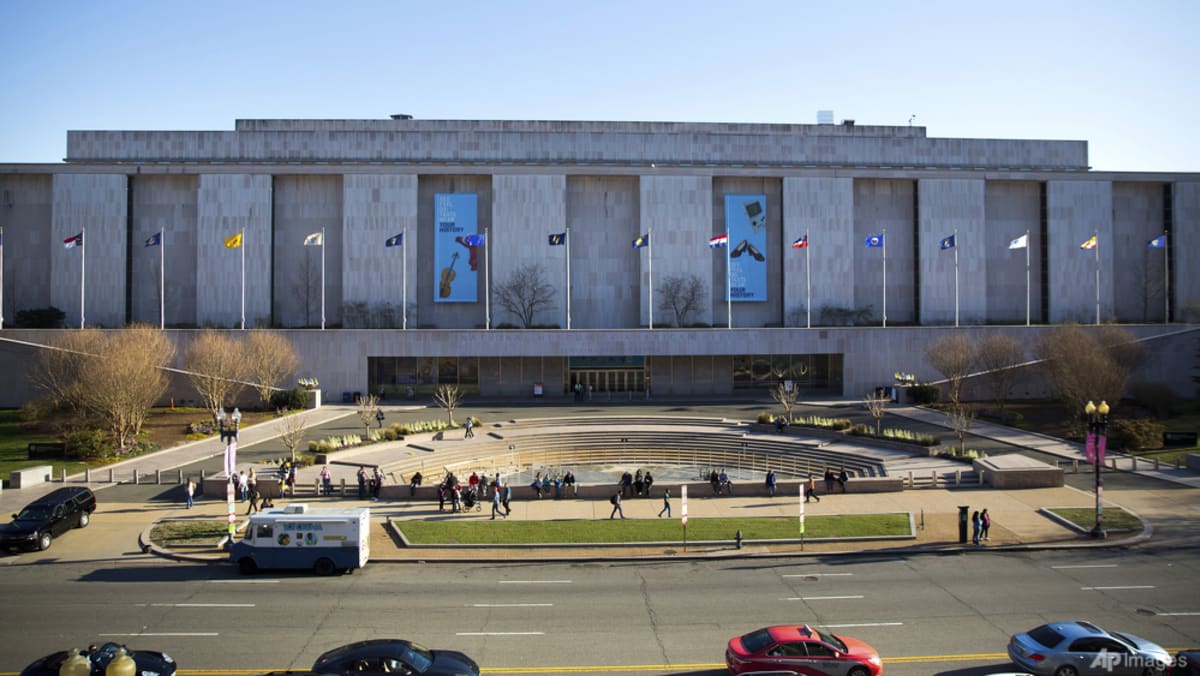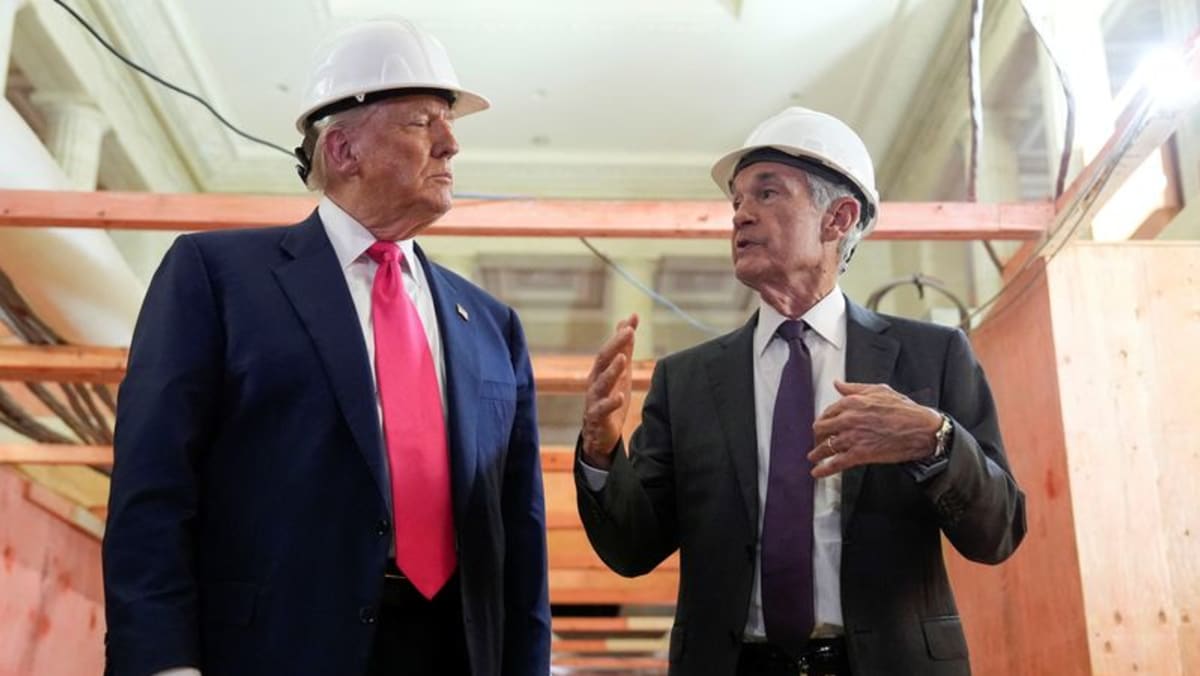BEIJING: China on Tuesday (Aug 12) announced preliminary anti-dumping duties on Canadian canola imports, a new escalation in the year-long trade dispute that began with Ottawa’s imposition of tariffs on Chinese electric vehicle imports last August.
The provisional rate will be set at 75.8 per cent, effective from Thursday, the Ministry of Commerce said in a statement.
Canola Council of Canada President Chris Davison said that the rate makes the Chinese market effectively closed for Canadian canola, to which Canada exported almost C$5 billion (US$3.64 billion) of the oilseed crop in 2024.
Intercontinental Exchange (ICE) November canola futures fell as much as 6.5 per cent to a four-month low after the announcement.
“This really came as a surprise and a shock,” said trader Tony Tryhuk of RBC Dominion Securities.
China, the world’s largest importer of canola, also known as rapeseed, sources nearly all its supplies of the product from Canada. The steep duties would likely all but end imports if they are maintained.
“This is huge. Who will pay a 75 per cent deposit to bring Canadian canola to China? It is like telling Canada that we don’t need your canola, thank you very much,” said one Singapore-based oilseed trader.
China imposed tariffs on canola oil and meal in March.
Canada is now in a trade conflict with the world’s two largest economies, as its exports also face tariffs imposed by the United States. Canada’s number one canola market is the US, followed by China.
China’s Ministry of Commerce said an anti-dumping probe launched in September 2024 had found that Canada’s agricultural sector – particularly the canola industry – had benefited from substantial government subsidies and preferential policies.
The Canadian government and canola industry have previously rejected allegations of dumping. The industry believes China’s complaint is based on other ongoing trade and political disputes, Davison said.
A final ruling could result in a different rate, or overturn Tuesday’s decision.
The decision marks a shift from the conciliatory tone struck in June when China Premier Li Qiang said there were no deep-seated conflicts of interest between the countries during a phone call with Canadian Prime Minister Mark Carney.
“This move … will put additional pressure on Canada’s government to sort through trade frictions with China,” said Trivium China agriculture analyst Even Rogers Pay.
Canada’s trade, agriculture and prime minister’s office did not immediately respond to request for comment.
Canada has imposed tariffs on Chinese electric vehicles, steel and aluminium.
Separately, China also launched an anti-dumping investigation into Canadian pea starch and imposed provisional duties on imports of halogenated butyl rubber, according to ministry statements.
